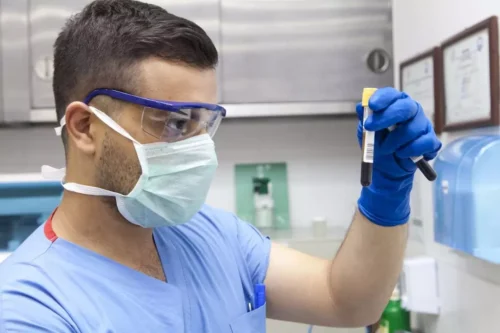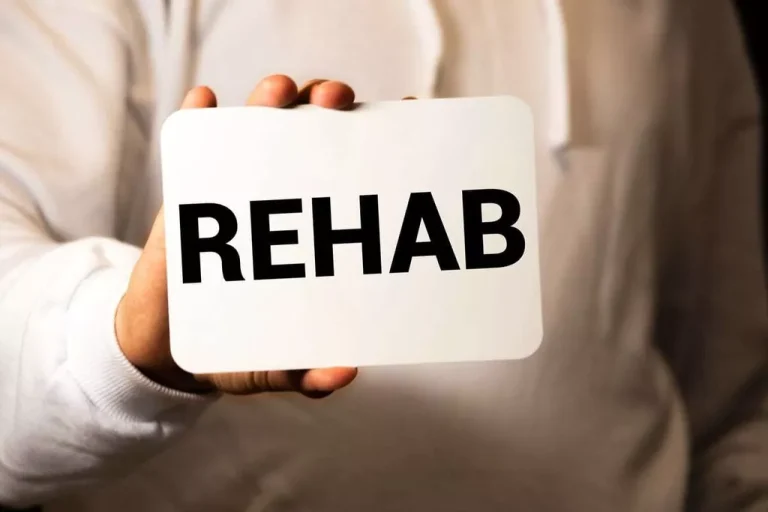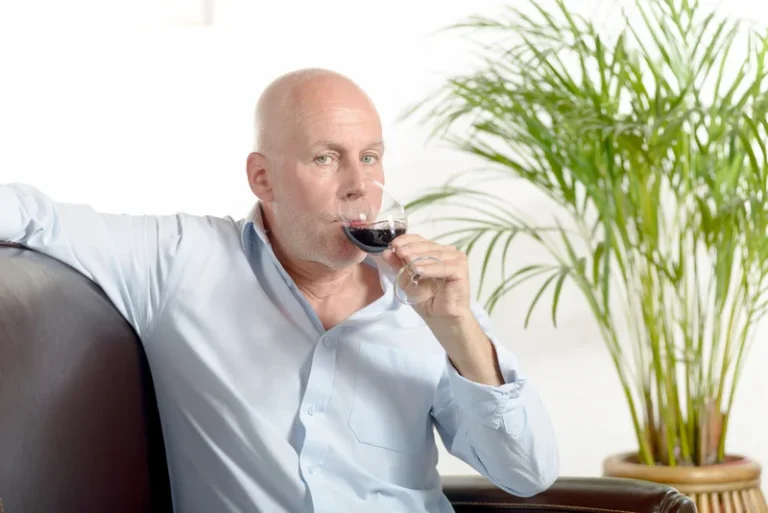
One of the first things that addiction steals from a person is their ability to experience joy. However, the body becomes reliant on drug-induced release, stopping its natural production. Consequently, activities such as eating, listening to music, exercising, or engaging in sex no longer bring the same pleasure.
There’s No Such Thing as a Pain-Free or Easy Sobriety
The other people next to you at group therapy sessions and support group meetings all have experiences that can help you. They want to be there for you when you are struggling. If you are hungry, even if that is not your main issue, get something healthy to eat. If you are feeling exhausted, refresh with a quick walk outside or a coffee nap if you can. Sometimes, it is the little things you may not realize are having a significant impact on your ability to cope. I know, I know, this website is called “Recovery Connection” and it is designed to encourage those who are suffering the slings and arrows of addiction to get help.
Recovery from Addiction Isn’t Quick
Nobody told me this side effect of long-term sobriety. Now that I don’t drink, I’ve been stripped of my alcohol-induced intelligence and infallibility. That’s why I talked so loud and repeated myself so often.
How To Deal With Loved Ones Who Don’t Support Your Sobriety

The best addiction rehab specialists only give their clients the tools and information they need. Since there’s no magic pill for addiction, relapse is always possible. The trick is to build a solid relapse prevention plan and stick with it. We don’t talk enough about the fact that sobriety CAN’T solve your problems.
My Mental Health Is Stronger
- Three months ago I hit the benchmark called “Advanced Recovery” and suddenly things began to fall into place like they did not do in the early days of my sobriety.
- Sobriety forces you to rewrite your personal history.
- Well, there’s a concept in psychology known as “confirmation bias,” and it means that we often look for evidence to support something that we already believe to be true.
- Because I was a mental and emotional wreck with no sense of self-worth, it was easy to take advantage of me.
- And yes, sometimes I get jealous of my friends that can drink normally.
- If you feel like sobriety sucks, you need more support.
Now, not every program or therapy approach will work for you. But you don’t know until you try, and you have to genuinely try. Building resilience and training the voice inside your head to be less negative is a lifelong process. Hell, it takes time to get just sort of okay at it.

If you’re struggling to think you’re worth a damn, find a way to bring value to other people. Easier said than done, I know, but after you’ve been off booze for a while, you’ll start to have a clearer headspace to deal with all this stuff. Just allow yourself the time and self-compassion to get there. I’ve learned to drop a lot of bitterness I’d been holding on to and it has been one of the most liberating mindset shifts I’ve experienced in sobriety.

There are common setbacks to getting and staying sober like withdrawal, craving, and pressure to use. Relapse rates for substance use addictions are around 40% to 60%. Setbacks don’t erase progress, though, and they don’t mean you’ve “failed” to stay sober.
Avoid Old Habits and Toxic Relationships
The people in our lives have a limited threshold for bad behavior, even when we’re truly sorry. Eventually, people don’t want to hear our apologies anymore. They want to see behavioral change, and if we don’t provide that, they start to disappear.

How To Support Someone In Recovery: 6 Big Ways To Help

But one day, you realize the clouds have lifted a little bit. For the first time, you notice just how much sobriety sucks has changed. My past relapses were largely fueled by sobriety’s inability to solve my problems for me.